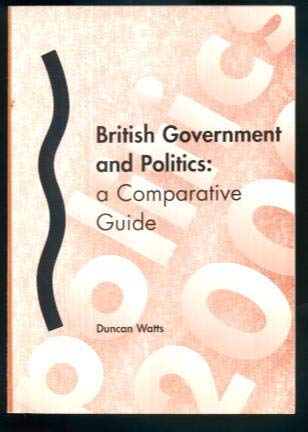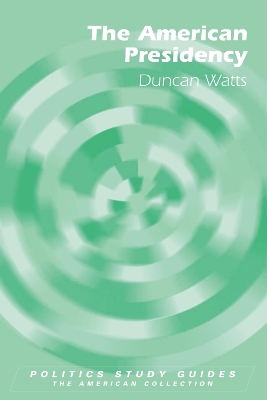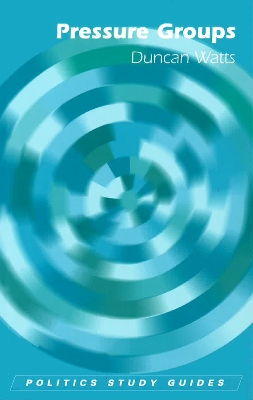Politics Study Guides
3 total works
This core text meets the needs of those involved in courses relating to the British political system. The author examines the institutions and practices of British government and politics and makes selective comparisons with the experience of other countries, mainly liberal democracies. In each chapter, there is a general comparative analysis of the theme, followed by a thorough examination of the situation in Britain. Three examples from overseas are then briefly explored. Key Features *Accessibly written, reliable and up-to-date *Offers an interesting and penetrating analysis of the political scene in Britain *Uses information and examples derived from the 2005 election *Informs the discussion of British politics by making appropriate international comparisons
The presidency is a complex topic for study, not least because it defies simple explanations. It is unique and evolving, elastic and changing. Different occupants mould the presidency to suit their own needs and the national requirements of the time. Sometimes, the circumstances have been ripe for an extension of presidential power, for the challenges have called for assertive and dynamic leadership. At others, the notions of separated and shared powers have served to constrain the presidency. This book is concerned with the role and powers of American presidents and the way in which the office has evolved since it was created by the Founding Fathers. Whilst acknowledging that there has been a broad increase in presidential power from the time of the first incumbent, it aims to highlight the waxing and waning of power in that period. It seeks to show how personality, conception of the office and circumstances have influenced the ability of presidents to chart the direction in which they have wished to travel and their ability to implement their programme.
Key Features *A short and accessible introduction to the subject with no serious rival *A lucid, lively and engaging introduction to the presidency and those who have occupied it *An interpretative work of sound academic repute *Incorporates the various theories of and the latest research about the nature of presidential power
Key Features *A short and accessible introduction to the subject with no serious rival *A lucid, lively and engaging introduction to the presidency and those who have occupied it *An interpretative work of sound academic repute *Incorporates the various theories of and the latest research about the nature of presidential power
Pressure Groups are an increasingly important feature of the political landscape and they are active on many levels, local, national or European. They reflect a diverse compass of interests from the well-known (the National Farmers' Union) to the less familiar (the Zip Fastener Association) and interact with a wide range of political players in different parts of the political system: parties, the media, government and parliament. They are involved at every stage of the political process, from raising issues and agenda setting to policy implementation and monitoring. Subjects covered include: *Classifying pressure groups *How pressure groups operate *Pressure group resources *Trends in pressure group activity *Protest politics and direct action *Pressure groups and the Scottish Parliament *Pressure groups and the European Union *The abolition of hunting with dogs *Pressure groups and democracy This book provides an accessible guide to the role of Pressure Groups in our democracy, establishing clear definitions and analysing their role and performance.
It includes the findings of recent research into the workings of British pressure groups in the European Union and of the ways in which lobbyists consult with the devolved legislatures in Scotland, Wales and Northern Ireland.
It includes the findings of recent research into the workings of British pressure groups in the European Union and of the ways in which lobbyists consult with the devolved legislatures in Scotland, Wales and Northern Ireland.


